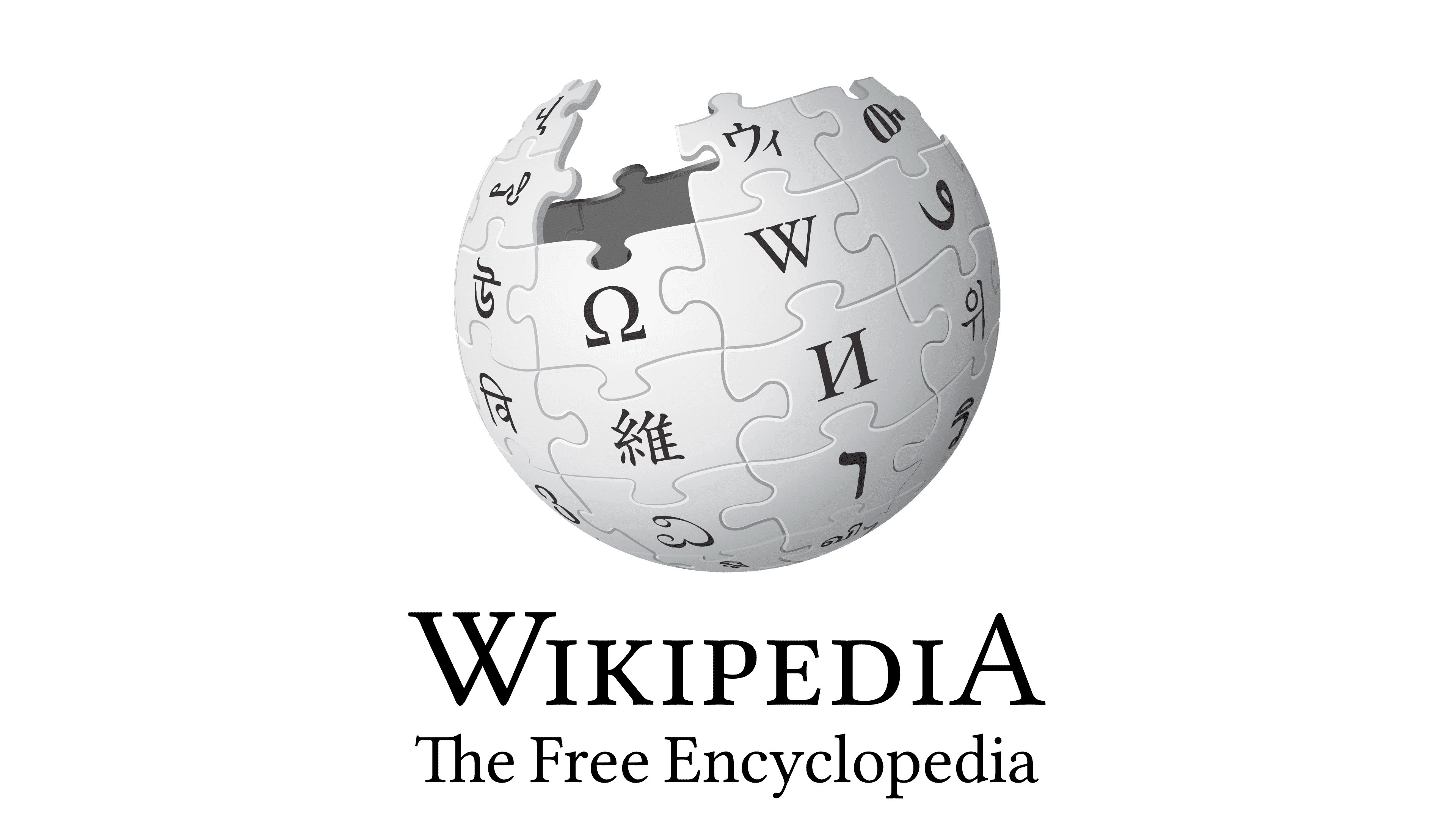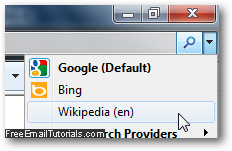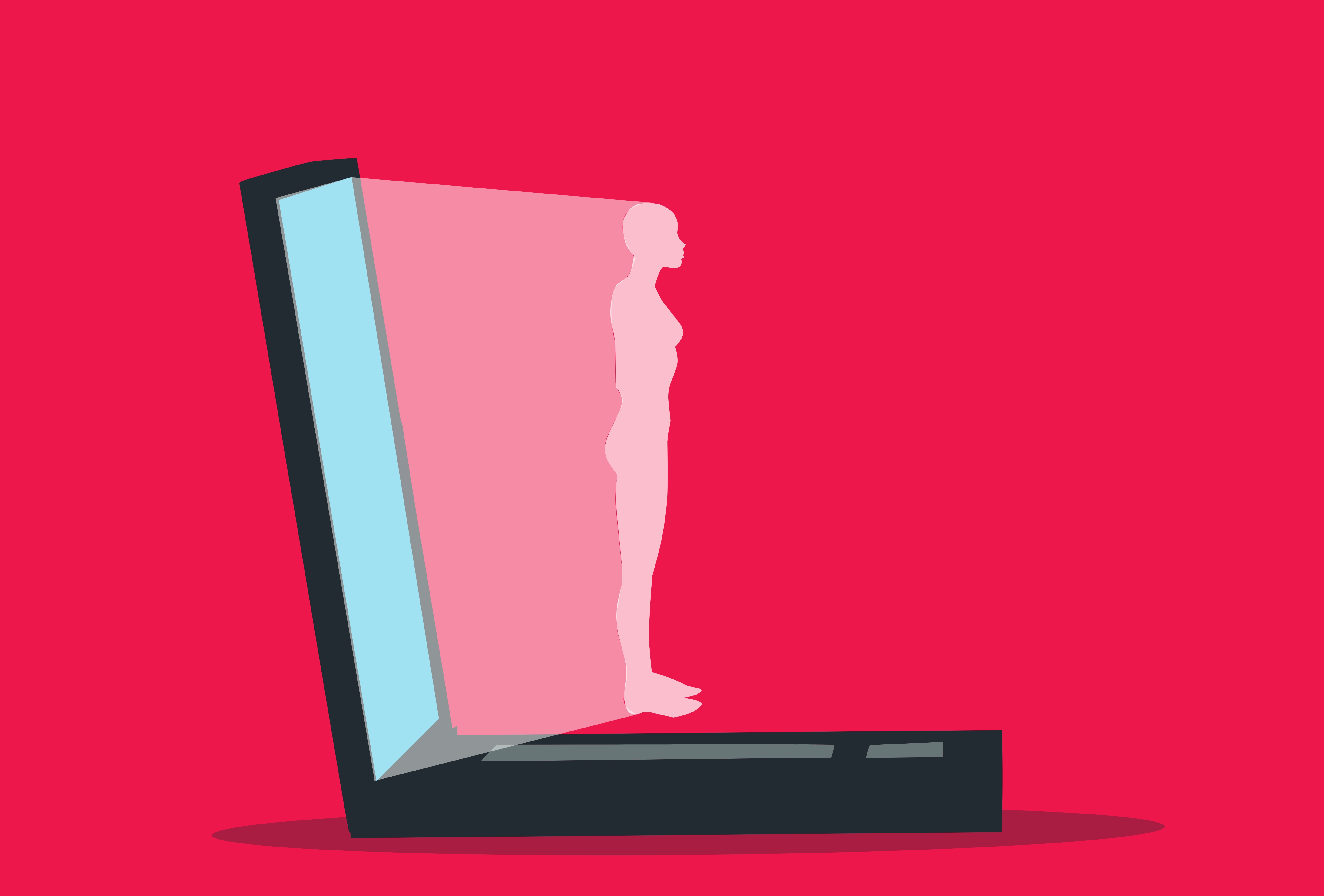Have you ever searched something up and the first webpage you get recommended is Wikipedia? As a student who has to write academic papers, Wikipedia is the last website I will use as a source. However, it keeps popping up and I am very unhappy about this.

Why is Wikipedia unreliable?
Simply put, you can become a “Wikipedian” by just making an account. This means anyone with a device and internet connection can add information to a page on Wikipedia. This makes it a very unreliable source for academic work.
The reason Wikipedia is at the top of your search results is because it keeps getting updated by its Wikipedians. This way the page gets to the top as it is the most recently posted information on the topic you are looking up. This means the page does not get recommended because it contains the most accurate information, but because Wikipedia is an active platform. However, Wikipedia disagrees; an essay on their page defends Wikipedia and describes it as “one of the most reliable sources of information on the internet”.

Main Page Introduction
When you visit the Wikipedia Main Page in English, they greet you with the words:
“Welcome to Wikipedia, the free encyclopedia that anyone can edit.”
This introduction claims Wikipedia is an encyclopedia. However, historically scholars have written encyclopedias in “the pursuit of truth” and they have been described as “summaries of extant scholarship”. And if you look into Wikipedia’s General disclaimer, it states: “Wikipedia cannot guarantee the validity of the information found here.” This means Wikipedia is claiming to be something they are not.
Moreover, you can not assume people will look into your disclaimers on the validity of your website. People with various ages and (academic) backgrounds visit the website daily and most of them do not look into the validity of the page they are reading.
In addition, adding the word “free” before “encyclopedia” just adds to the confusion. As a worldwide popular website, you can not assume your audience will interpret the word “free” as ‘open to anyone willing to edit certain subjects, regardless of their expertise’. They may interpret it as ‘free of charge’, since you do not have to pay to visit the platform. It is just too vague.
The words “anyone can edit” can also be interpreted in different ways. Does anyone really mean anyone? Or can only specialized scholars edit a page? And does this mean the information on Wikipedia only gets edited by its contributors? Or does Wikipedia also have a team of academic scholars/editors for all the topics discussed on their page?

Lastly, I want to bring to your attention a few of Wikipedia’s many translated versions. When you go to the Dutch Wikipedia Main Page you will see the introduction: “Welkom op Wikipedia. De vrije encyclopedie.” This translates to: ‘Welcome to Wikipedia. The free encyclopedia.” This version does not even disclose what free could mean like in the English version, which at least adds “that anyone can edit”. You only get the word “vrije” (=free) to interpret.
In contrast, the Greek introduction is directly translated from the English one: “Καλώς ήλθατε στη Βικιπαίδεια, την ελεύθερη εγκυκλοπαίδεια που γράφουμε συμμετοχικά.”, which we previously established is to vague.
And the German one, gives you two full sentences: “Willkommen bei Wikipedia. Wikipedia ist ein Projekt zum Aufbau einer Enzyklopädie aus freien Inhalten, zu denen du sehr gern beitragen kannst. Seit März 2001 sind 3.054.628 Artikel in deutscher Sprache entstanden.”, which still are not clear enough as they also use the words “free” and “encyclopedia”.

Conclusion
Wikipedia misleads its users in believing it is a reliable source by using vague language and not immediately disclaiming they are a subjective non-academic page. They are also not consistent with the amount of information they share on the different versions of their website in different languages.




I agree that Wikipedia is not a very reliable source of reference. Although I sometimes find academic and valuable information in its references, the content itself is often influenced by the subjectivity of its contributors. Especially in fields where conclusions are still debated, the information on Wikipedia cannot be fully trusted.
For example, as a linguistics student, I know that the classification of many languages is still under discussion. In such cases, how a language is categorized often depends on the editor’s own perspective.
I also really appreciated your comparison of the welcome messages on different language versions of Wikipedia. In fact, I had never realized that they were different until you mentioned it. Out of curiosity, I immediately checked the Chinese version and found that it says, “海纳百川,有容乃大,” which is a famous saying in Chinese meaning “all rivers run into the sea; tolerance is a virtue.” It emphasizes openness and inclusiveness—but, again, that doesn’t necessarily mean truth.
Thank you for your comment!
I do agree that sources used on Wikipedia can sometimes be helpfull.
I’m also glad you liked my comparison on the languages and thank you for looking into the Chinese version!